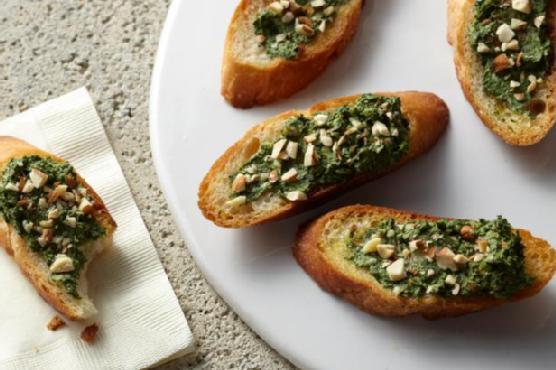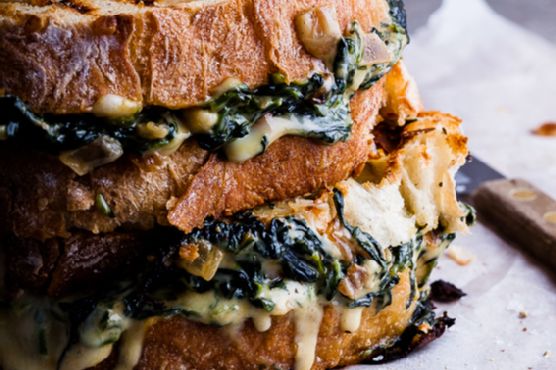Tuna Potato Supper
Tuna Potato Supper might be a good recipe to expand your main course collection. One serving contains 406 calories, 25g of protein, and 15g of fat. For $1.46 per serving, this recipe covers 24% of your daily requirements of vitamins and minerals. This recipe serves 2. 91 person have tried and liked this recipe. It is a good option if you're following a gluten free and pescatarian diet. This recipe from Taste of Home requires baking potatoes, water-packed tuna, salad dressing, and green onion. From preparation to the plate, this recipe takes about 25 minutes. Overall, this recipe earns an awesome spoonacular score of 86%. Try Tuna-Noodle Skillet Supper, Tropical Tuna Salad Supper, and Potato Egg Supper for similar recipes.
Servings: 2
Preparation duration: 10 minutes
Cooking duration: 15 minutes
Ingredients:
2 large baking potatoes
1 celery rib with leaves, finely chopped
1/4 cup shredded Colby-Monterey Jack cheese
1 green onion, chopped
1/3 cup creamy cucumber salad dressing
1/8 teaspoon each salt and pepper
1 can (6 ounces) light water-packed tuna, drained and flaked
Equipment:
microwave
bowl
baking sheet
Cooking instruction summary:
Directions Scrub and pierce potatoes; place on a microwave-safe plate. Microwave, uncovered, on high for 7-9 minutes or until tender, turning once. Cool slightly. Cut a thin slice off the top of each potato and discard. Scoop out the pulp, leaving a thin shell. In a bowl, mash the pulp. Stir in the tuna, celery, onion, salad dressing, salt and pepper. Spoon into potato shells. Sprinkle with cheese. Place on a baking sheet. Broil 4-6 in. from the heat for 5-6 minutes or until cheese is melted. Yield: 2 servings. Editor's Note: This recipe was tested in a 1,100-watt microwave. Originally published as Tuna Potato Supper in Cooking for 2Spring 2005, p46 Nutritional Facts 1 stuffed potato equals 598 calories, 25 g fat (6 g saturated fat), 38 mg cholesterol, 866 mg sodium, 63 g carbohydrate, 6 g fiber, 30 g protein. Print Add to Recipe Box Email a Friend
Step by step:
1. Scrub and pierce potatoes; place on a microwave-safe plate. Microwave, uncovered, on high for 7-9 minutes or until tender, turning once. Cool slightly.
2. Cut a thin slice off the top of each potato and discard. Scoop out the pulp, leaving a thin shell.
3. In a bowl, mash the pulp. Stir in the tuna, celery, onion, salad dressing, salt and pepper. Spoon into potato shells. Sprinkle with cheese.
4. Place on a baking sheet. Broil 4-6 in. from the heat for 5-6 minutes or until cheese is melted.
Nutrition Information:
covered percent of daily need















